
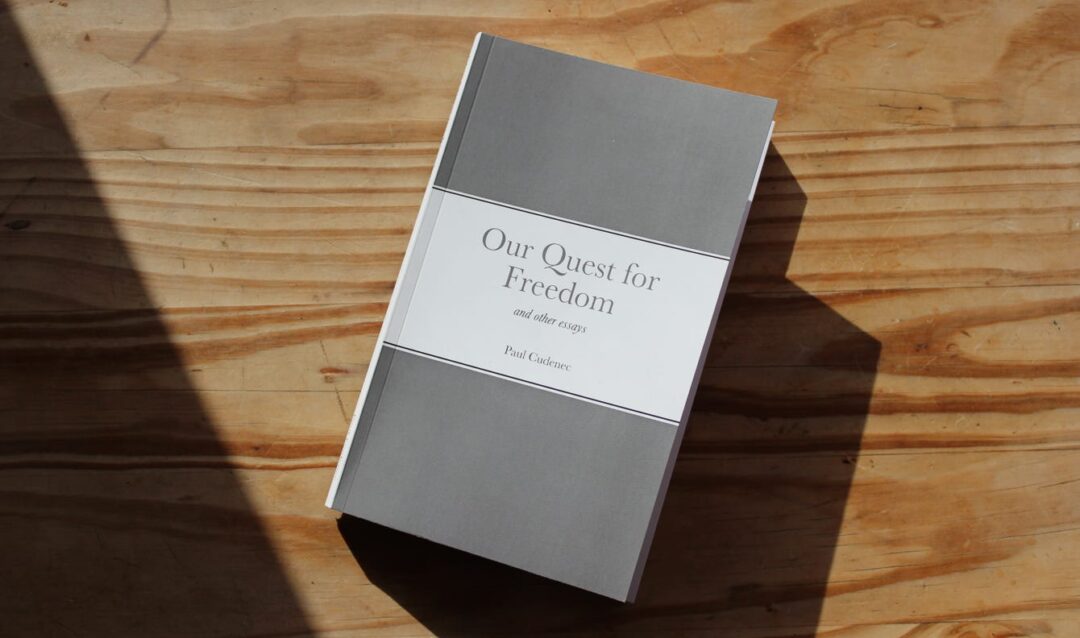
Our Quest for Freedom and other essays
by Paul Cudenec | Jan 21, 2024
When one constantly decries the state of the modern world and calls for the founding of a free and healthy organic society, it is inevitable that readers are going to ask how exactly this might happen.
The answer is a complex one and, in many ways, has been the subject of everything I have ever written.
But in the opening essay of my new 2024 book Our Quest for Freedom, I present my thinking on the issue in the space of a mere 35 pages.
In his preface to the work, W.D. James focuses on one key aspect of my writing when he says: “The human spirit, and the larger cosmic spirit of which it forms a part or in which it participates, has largely been absent in serious recent discourse. Cudenec is helping to correct that omission.
“Cudenec presents the ‘quest’ in heroic and spiritual terms. It is the quest for the ‘grail’; that being the power to become what we are meant to be. That will take action. Not just utilitarian, calculating action. Action infused with spirit. In the concluding dialogue he calls for a ‘political-spiritual revolt’.

”In the title essay he teaches: ‘Your purpose is to play your part in the uprising against evil’. Against what he also calls ‘the death-entity’. In doing such, he accurately recognizes the nature of our situation. It is not merely against oligarchs and tyrants that we struggle but against what we should properly term dark spiritual forces.
“Cudenec, like a prophet, calls for us to become spirit rebels. In doing such, he situates himself in the radical tradition of Marguerite Porete, Thomas Müntzer, and Gerrard Winstanley. The return of the (human) spirit is what the times are calling for”.
In the new piece, I suggest that we might reach a free future by means of a number of interrelated stages: Realising; Remembering; Yearning; Exposing; Explaining; Proposing; Meaning; Motivating; Becoming; Inspiring; Preparing; Boycotting; Building and Defending.
There are hints at the answers I propose there in the other essays featured in this compilation, of course.
In 1984/2024 – The Hidden Hope in Orwell’s Warning, I write, for instance: “It’s up to us to draw inspiration from our ancestral memory of natural order, to see through the system’s lies, to band together in small groups and form knots of resistance that will keep the tattered flag of freedom flying proudly in the years to come.
“We have to do so without any hope that victory will necessarily be achieved in our lifetimes, but must simply aim to do all that is needed in order that, in Orwell’s words, ‘the next generation can carry on where we leave off’”.
And I conclude Wisdom Natural and Divine by stating: “This deliberate and self-interested cancelling of age-old knowing and understanding, and of the deep sense of morality innate to our species, has to be ended and then reversed.
“Humankind needs to again pay heed to the voices of the birds, the animals and the green trees of Paradise; to return home to nature; to become once more a simple hair in the locks of our divine and infinitely wise Friend”.
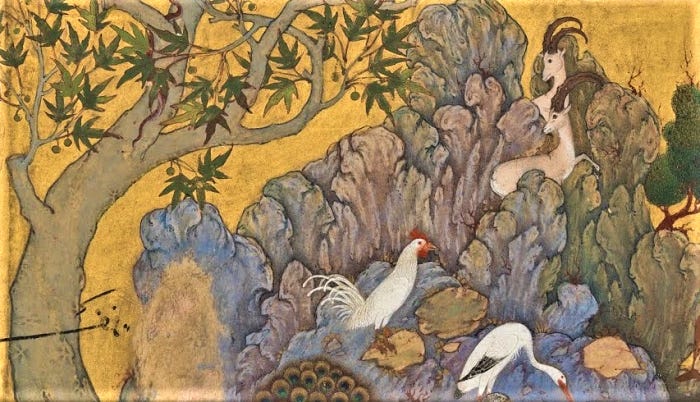
I also spell out my personal vision quite clearly in Resisting Global Tyranny: Nationalism, Religion and the Golden Chain of Tradition: “Free peoples, close to nature, living simply, peacefully, honestly and humbly; cherishing their own specific traditions and cultures and yet understanding the bigger picture of their belonging to greater human, natural and cosmic wholes – this is the world that I would like the children of tomorrow to inherit”.
In the next essay, A Yearning With No Name, I muse on the difficulty of trying to set out a philosophical position using the language of a system that has declared that this particular political position does not even exist!
I add: “The forbidden point of view that the system tries so hard to hide is, at its core, nothing less than common sense, the natural inclination of humankind”.
Long-term optimism is voiced in A Matter of Life and Death, in which I identify “a long-awaited turning of the tide which will eventually see the energy of life and goodness restored to its rightful place at the centre of human existence”.
I predict: “Natural order – fresh, green and vital – will grow up in the ruins of the death-system, leaving humankind free to fulfil its true potential”.
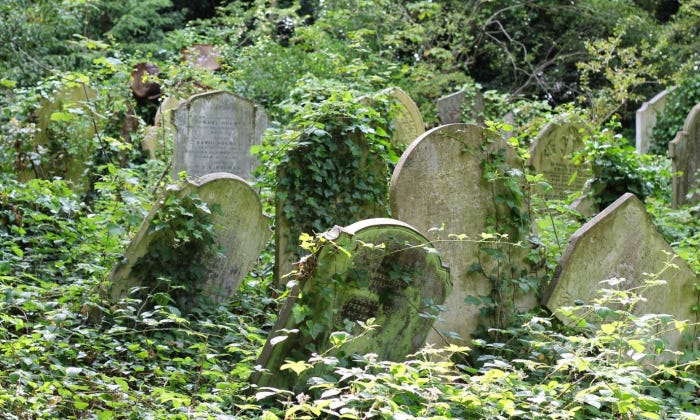
But my short-term concerns about the authenticity of certain current strands of the so-called “resistance” are reflected by the question When Will the Real Opposition Emerge?
I launch a theme which I continue through subsequent essays when I state: “The system is inherently industrialist and so if we want to be rid of the system we have to be rid of industrialism”.
A necessary step in Seizing a Free Future, I go on to argue in the next piece, is to see through “the official narrative of industrialism as real progress and of ‘development’ as both desirable and necessary”.
One, in particular, of the Seven Reasons Why I Am an Anti-Industrialist deserves, I think, broader consideration in the context of a fundamental re-evaluation of the meaning and value of so-called “development”, sustainable or otherwise.
I write: “When governments are persuaded to borrow money for ‘badly-needed’ industrial infrastructure, or modernisation, for Great Leaps Forward and Five Year Plans, the only way they are ever going to keep paying the interest on the debt is if there is further economic ‘growth’ financed by further loans from the same sources.
“These financiers also happen to own the materials required for all this industrial development, for which they are paid with the money they have lent, at interest, to the government in question. Industrialism is the physical manifestation of usury, the way in which the system robs as well as kills”.

Within the framing of the criminocracy, it simply is not possible to plausibly oppose industrialism and development.
The pro-industrialist, pro-development “opposition” on its right flank is thus mirrored by a pro-industrialist, pro-development “opposition” on its left.
In Marxist Doublethink and the Disabling of Resistance, I remark that Marxism, for all its useful analysis, ultimately represents an ideological dead end.
“It describes and criticises the current system, but does not provide us with a way out of it”.
The next piece is a satirical rendition of the points I was making in the previous essays, with an imaginary industrialist jailer asking Prisoner 1141183891920: “How do you think you could ever cope outside this prison, if indeed an outside even existed? Do you think food grows on trees? Or that drinking water just spurts out of the ground? Fool!”
Seeing The Whole Truth With a Three-Dimensional Outlook urges the replacement of binary vision in the political dimension with an approach that recognises binary opposites only in terms of the essential qualitative notions by which we can judge the world around us.
I conclude: “Once armed with this holistic perspective, we will quickly see where this modern world is situated on the scale of quality and can begin to take steps to put things right”.
Turning Our Backs on the Left-Right Racket is a look at the ideas of French political philosopher Jacques Camatte, written for the Organic Radicals website.
Once a Marxist, Camatte has for many decades been a staunch critic of the ideology, warning that it is, in fact, “a theory of development”, aiming for a mere “transition” into “a new mode of production where productive forces blossom”.
I very much agree with him that “Communism was affirmed in opposition to bourgeois society, but not in opposition to capital”.
Finally, Traditionalism, Anarchism and the Urgent Need for Righteous Revolt: A Dialogue, is an in-depth conversation that I enjoyed with W.D. James, himself a former Marxist, in fact.
Here I again stress the utter futility of any form of “resistance” or “opposition” that does not challenge the system, its structures and its thinking to the very core.
Our Quest for Freedom and other essays can be downloaded for free here or purchased here.
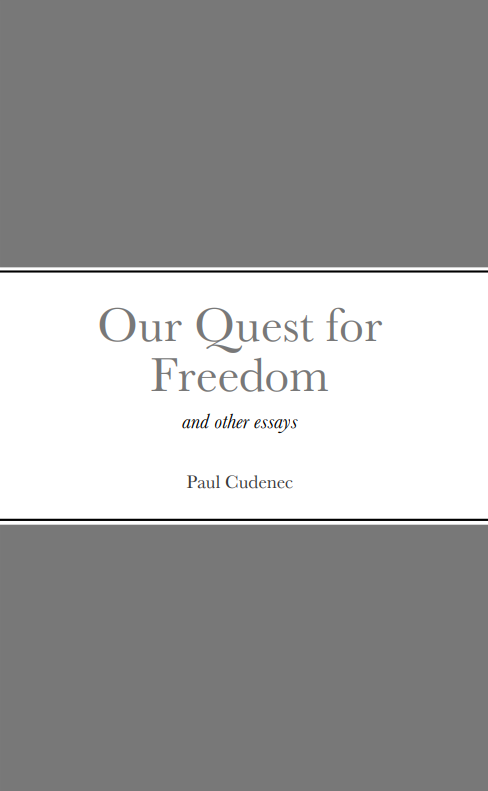


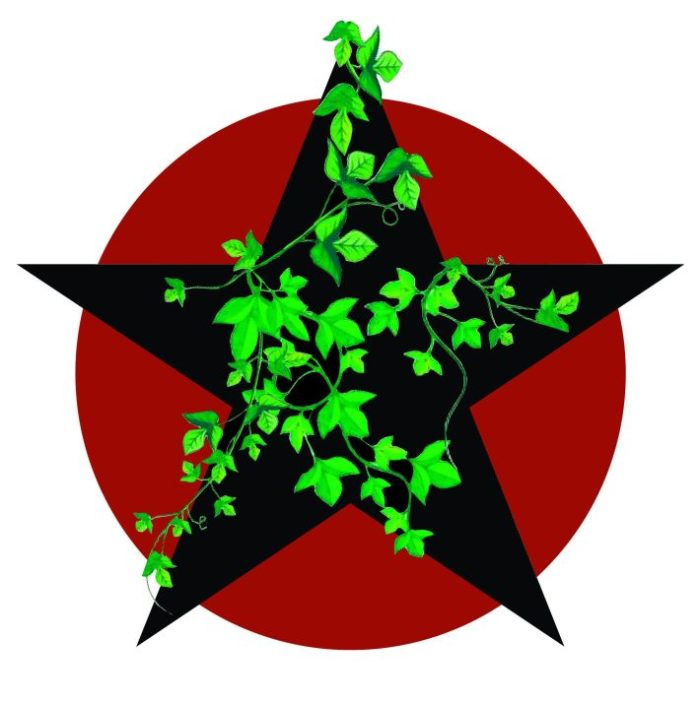
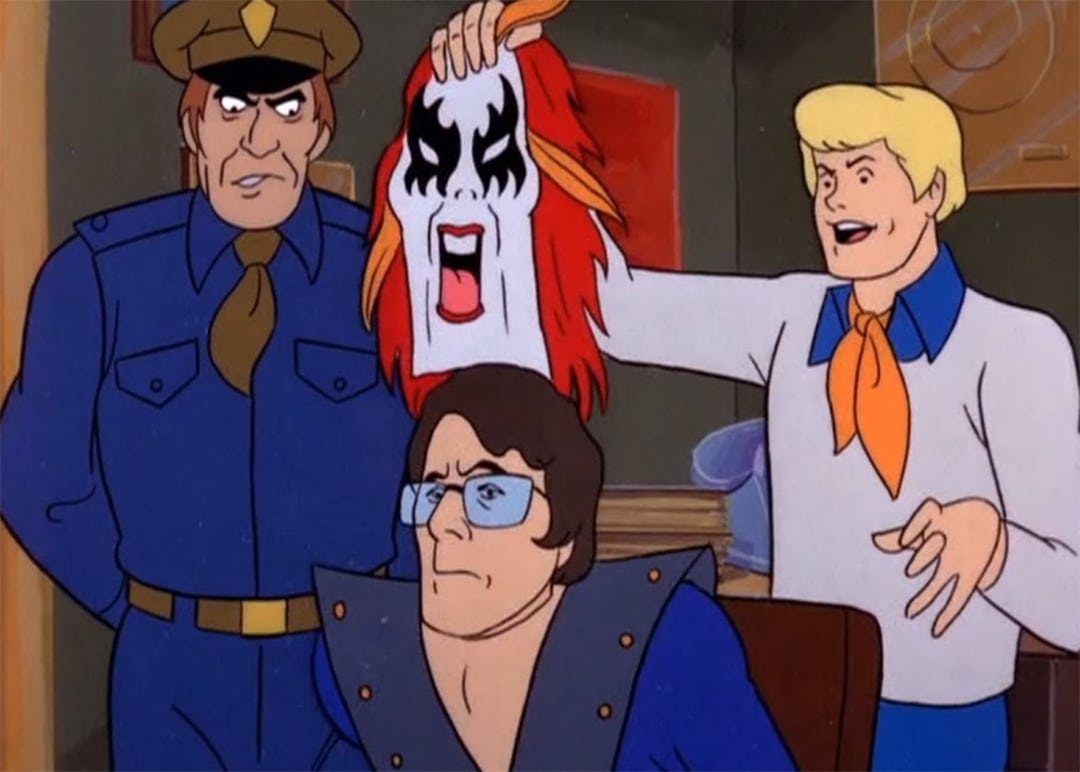

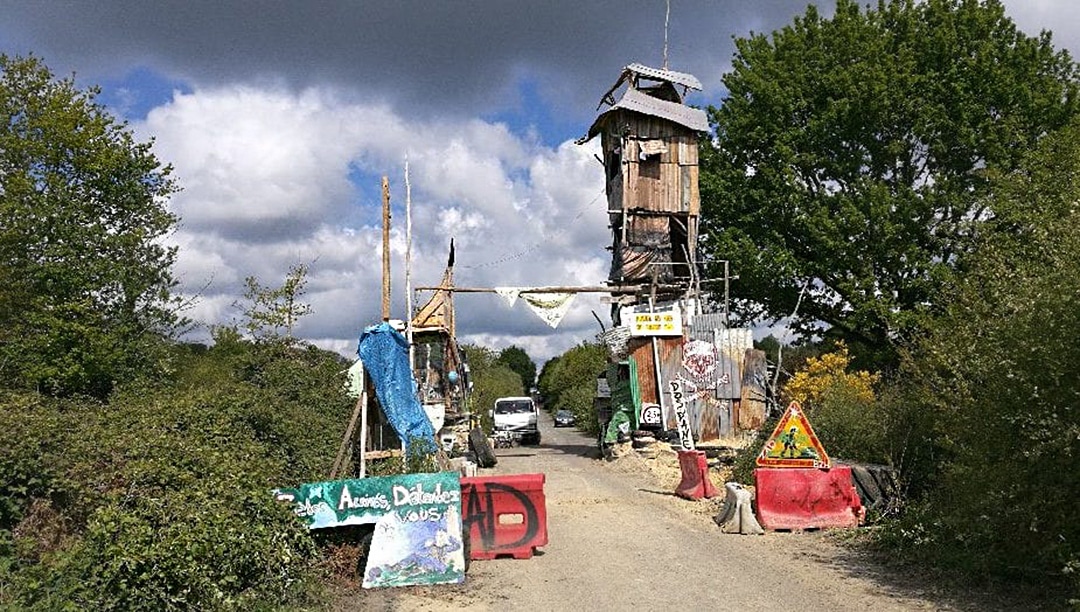
0 Comments